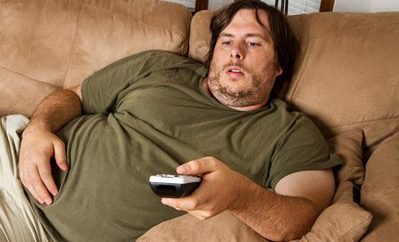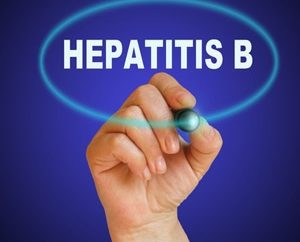Who’s Needling You? Acupuncture for Health
Who’s Needling You? Acupuncture for Health By Judith H.
Ask ten people what they think acupuncture is good for and eight of them are likely to say back pain. But those are only the people who haven’t used acupuncture to help with the dozens of other conditions it’s proven effective for.
Acupuncture is an ancient method of healing that treats the patient at the mind, body and spirit levels. In other words, while acupuncture is effective in relieving pain, your acupuncturist will recognize that your pain, whether physical or emotional, is a symptom of an underlying cause, and will work with you to get to the root of whatever is going on. Acupuncture techniques have been refined over thousands of years, and millions of people all over the world benefit from regular treatments for illnesses, injuries, emotional distresses, or for general health. In fact, acupuncture is the primary health care system for 60% of the world’s population.
Here in the US, though, broad familiarity with acupuncture dates back only four decades. To be sure, acupuncture was practiced here before that, as Chinese doctors emigrated, some as early as the 1800’s. But it was President Nixon’s trip to China, along with that of his national security advisor, Henry Kissinger that brought acupuncture into dramatic focus. A journalist attached to Kissinger, James Reston, was taken ill during the trip and had to have his appendix removed. While in a Chinese hospital, Reston was treated with acupuncture for pain and later wrote about his experience. http://acupunctureworldheadquarters.com/1971acupuncture.pdf.
That article sparked an unprecedented level of interest and controversy in a host of healing modalities that until that time were relatively unknown in the West. Today, venerable institutions including the World Health Organization and the National Institutes of Health have confirmed that acupuncture is effective in treating over 50 common ailments, and has been reported by patients to help with many more. (See the list at the end of this article.)
So how does acupuncture work? Acupuncture supports health by resolving imbalances and blocks in your Qi (pronounced CHEE,) or the force that flows throughout your body’s energy pathways, called “meridians.” Points along these meridians are stimulated by the acupuncturist through the insertion of very slender needles just under the skin. This stimulation does two things: 1) it promotes the free flow of Qi, which in turn promotes health, and 2) it stimulates your body’s natural capacity to heal.
What should I expect when I see an acupuncturist? There are many different types of acupuncture, so practices may vary. But generally speaking, and in my own practice, I ask that patients set aside about 1½ hours for the first visit. This gives us plenty of time to talk as I gather information about you, your lifestyle, your health concerns, and you and your family’s medical history. During this visit, I also will do a physical exam that might include looking at your tongue, and I will check your pulses. Yes, I said pulses – plural. Instead of interpreting the function of just one pulse as in traditional Western medicine, I will examine 12 different pulses, all of which give me feedback that I will factor into the detailed treatment plan I will create for you. We will begin that plan on your next visit, and from that point on, visits will take about an hour.
Like me, your practitioner is likely to use the thin, sterile needles most people have come to associate with acupuncture. In case you have never seen an acupuncture needle, you should know they are not hollow like needles used for injections. That allows them to be flexible and as thin as a human hair. The sensation from the needles varies from person to person. You may feel a small pinch, a dull ache, a tingle, or nothing at all. Besides needles, your acupuncturist may also use moxibustion – a heated herb technique – to stimulate appropriate points.
How can I find a reputable acupuncturist? As with any medical practitioner, it’s important to go to someone who is appropriately trained and certified to practice. For assistance in locating an acupuncturist in your area, or to help determine whether an acupuncturist is board certified, you can consult the National Certification Commission for Acupuncture and Oriental Medicine’s find a Practitioner page where you can search by name or location. http://www.nccaom.org/fap
For more information about acupuncture, see the National Institutes of Health Center for Complementary and Alternative Medicine website at http://nccam.nih.gov/health/acupuncture.
Acupuncture has been proven effective in the treatment of:
addiction
allergies/asthma
anxiety/depression
arthritis/joint problems
back and neck pain
bladder/ kidney
childhood illnesses
constipation/diarrhea
cold/flu
cough/bronchitis
dizziness
effects of chemotherapy
fatigue
gastrointestinal
headache/migraine
high blood pressure
immune deficiencies
sciatica/leg/knee pain
musculoskeletal injuries
tendonitis
carpal tunnel syndrome
paralysis
rhinitis
sinusitis
skin problems
menopausal discomfort/PMS
sexual dysfunction
infertility (male/female)
And many more!
Gay Life After 40 .com wants you to consider exploring alternative methods for your health and well being . Keep on Aging Forward!
What do you think? Have you tried acupuncture? If so, please share your experience and sign up for our newsletter !






4 Comments